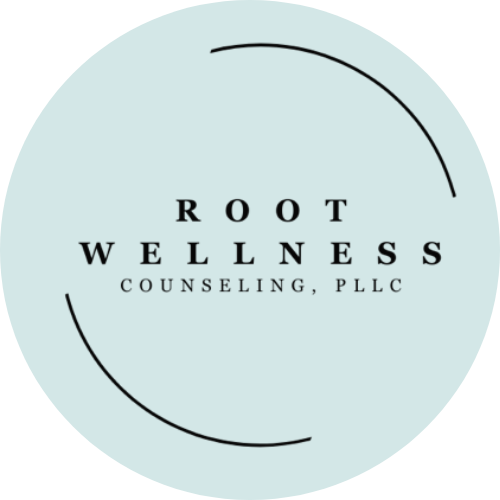Trauma Isn’t Always a Big, Obvious Event. Sometimes It’s the Things That Didn’t Happen
When people hear the word trauma, they often picture something dramatic or catastrophic. A car accident. A natural disaster. Abuse. And yes, those experiences can absolutely be traumatic. But trauma isn’t always loud or visible. Sometimes, it’s quiet. Subtle. Overlooked. Sometimes, it’s the absence of what you needed.
No one really teaches us to look for that kind of pain. The kind that doesn’t come from what was done to you, but from what never happened at all. The parent who was physically present but emotionally distant. The comfort or protection you needed but didn’t receive. The love that came with conditions. The moments you had to act like an adult long before you were ready.
"Little t" Trauma Is Still Trauma
In the therapy world, we sometimes talk about "Big T" and "little t" trauma. But here’s the thing. Just because something isn’t a capital-T Trauma doesn’t mean it didn’t affect you. The body doesn’t care about labels. It responds to what it experiences as overwhelming or unsafe.
And for a lot of people, the wounds they carry aren’t from one single moment. They come from years of feeling alone with big emotions. From never being taught how to soothe yourself. From growing up in a home where love was earned, not freely given. These are the kinds of experiences that can shape how you see yourself, how you relate to others, and how safe you feel in your own body.
It's Not About What Happened. It's About What You Went Through.
One thing I talk about a lot with clients is this: trauma is not just about what happened. It’s about what happened inside of you.
If you didn’t feel safe, or if you didn’t have someone to help you process hard things, your nervous system did what it had to do. It protected you. It shut things down. It kept you going. That doesn’t make you weak or broken. That makes you resilient. And it also means you may still be carrying patterns your body created a long time ago.
Healing Often Starts With Naming What Was Missing
In my work, especially when using EMDR or working with neurodivergent clients, we often focus on what was missing. The connection, the attunement, the permission to feel what you were feeling. The right to take up space without having to earn it. The space to be a kid. The space to be you.
Sometimes healing starts not with a big breakthrough, but with a quiet acknowledgment: I didn’t get what I needed. And that mattered.
You don’t need a dramatic story to justify your pain. You don’t have to wait until things get worse to get support. If you’ve ever felt stuck, anxious, chronically overwhelmed, or like you're the problem but don’t know why, there’s probably a reason. And it might not be what happened to you. It might be what never did.
What Healing Can Look Like
If any of this feels familiar, you’re not alone. And you don’t have to figure it out all at once. Here are a few gentle ways to begin tending to those quieter wounds.
Name what didn’t happen
You might say something like, “I wish someone had comforted me when I was scared,” or “I needed to feel safe being myself, and I didn’t.” This can be incredibly validating, even if it feels simple.Offer yourself the care you needed then
That could mean resting without guilt. Saying no without overexplaining. Letting yourself cry. Letting yourself have fun or play. Giving yourself permission to not always hold it together.Pay attention to what feels safe now
Is there a person who helps you feel more at ease, even for a few moments? A place where your shoulders soften or your breath deepens? These are small signs that your nervous system is feeling safe, and they matter more than most people realize.Work with someone who understands this kind of trauma
Not every therapist will get it, but many of us do. Therapy can be a space where you don't have to explain why it was hard or convince someone your pain is real. EMDR, parts work, and somatic approaches can be especially helpful for healing what feels stuck.
Healing doesn’t mean forgetting or pretending things were fine. It means remembering that your needs mattered, even if no one treated them like they did. You get to start showing up for yourself in ways no one knew how to back then.

